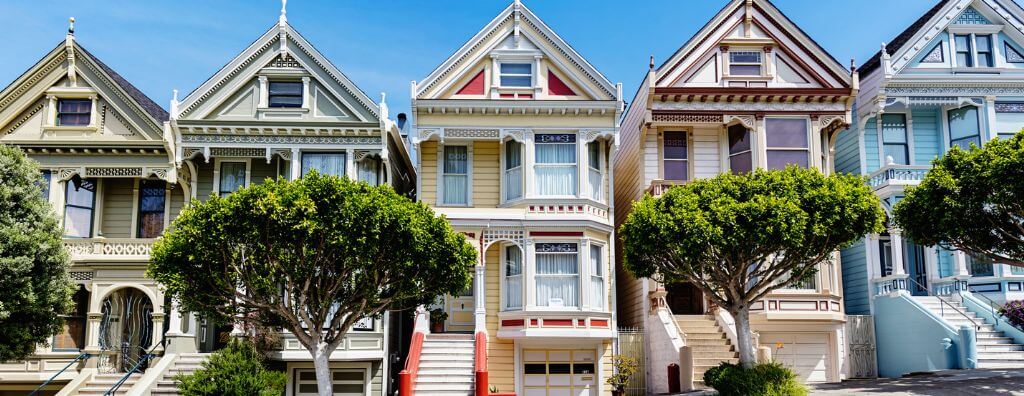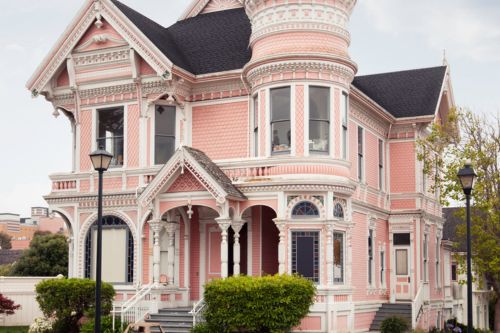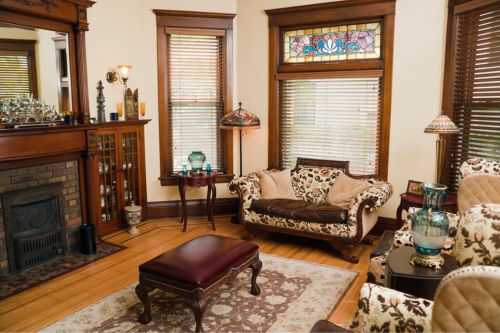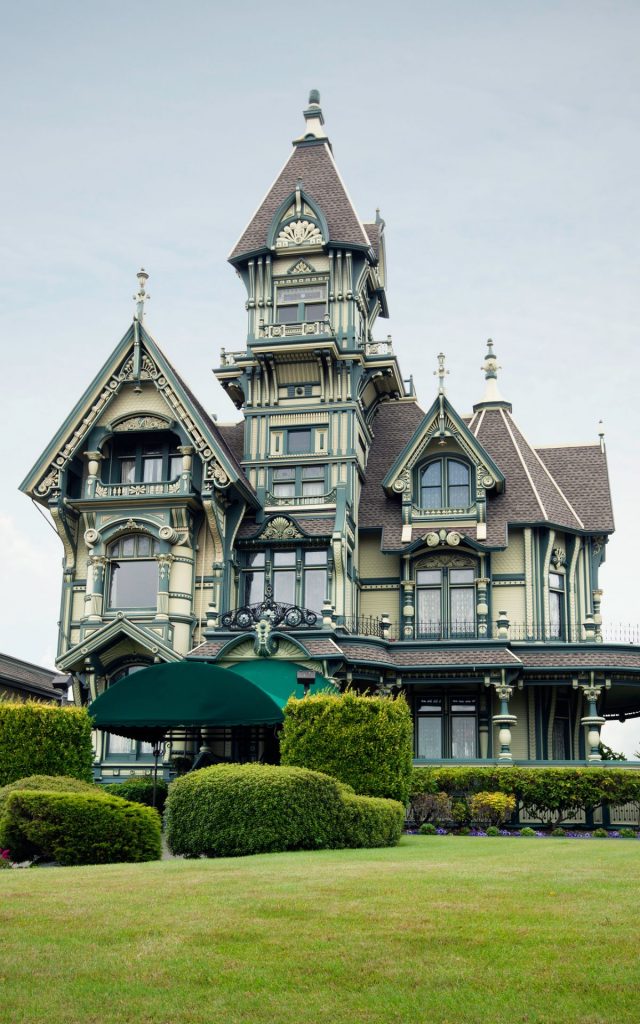
Like its namesake Queen Victoria, Victorian architecture is home design royalty. With its uniquely detailed decorations, it helped to define the style of homes in its era. These special homes still exist in large numbers today around the world, perhaps none more famous than San Francisco’s “Painted Ladies” near Alamo Square pictured above. Let’s dive into the history of Victorian architecture and some of its defining features.
What is Victorian Architecture?
Bursting onto the scene in the mid-1800s, Victorian architecture spawned several styles, creating multiple branches of the Victorian home design tree. Borrowing elements of other architectural styles of that era such as Gothic, Greek Revival, and Italianate, the highly ornate style reflected the expensive taste among the British people of the time, who were experiencing increased wealth due to the industrial Revolution. Much of the work required for building Victorian homes could be done by machine, and due to the industrial innovations of the time, the parts could be easily shipped across the country by train. Pretty soon, Victorian homes were popping up everywhere.

Image Source: Getty Images – Image Credit: LordRunar
Features of Victorian Architecture
- Two to three stories
- Steep, pitched roofs
- High ceilings
- Wood construction with detailed woodwork
- Decorative trim and crown molding
- Towers and turrets
- Spacious porches
- Recessed balconies
- Iron railings
- Bay windows
- Stained glass

Image Source: Getty Images – Image Credit: YinYang
Styles of Victorian Homes
Though there are several styles of Victorian homes, they are all multiple-story structures with steeply pitched roofs. Part dollhouse, part palace, their vintage character remains popular today. The Stick Victorian style resembles a gingerbread house with its decorative cladding and trim. The Queen Anne style is known for its asymmetry and cross-gable rooflines, while the Folk style is more symmetrical, cutting down on excessive ornamentation. As if the architecture itself wasn’t loud and eclectic enough, many Victorian homes were painted in bright colors to further differentiate their style from other homes—especially Queen Anne Victorian homes.

The Carson Mansion in California, a classic example of Queen Anne Victorian architecture. Image Source: Getty Images – Image Credit: LordRunar
 Facebook
Facebook
 X
X
 Pinterest
Pinterest
 Copy Link
Copy Link
